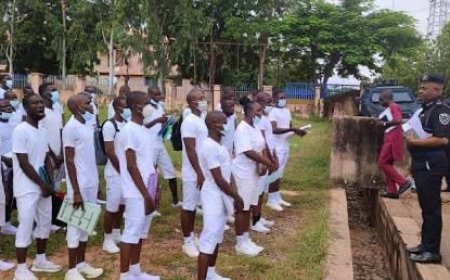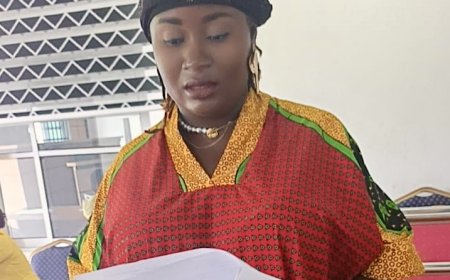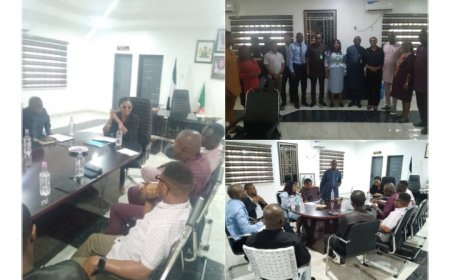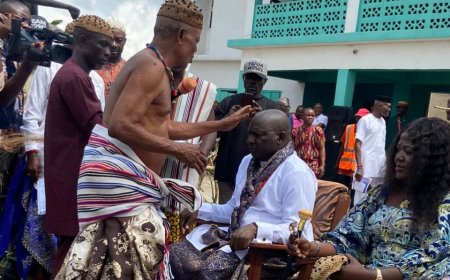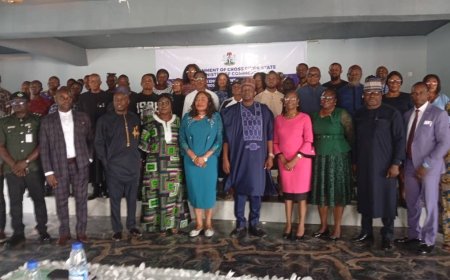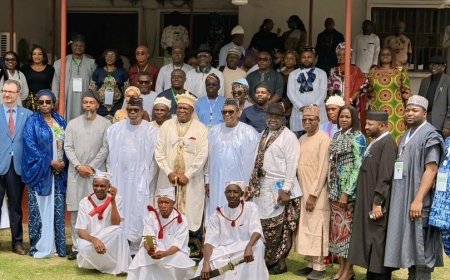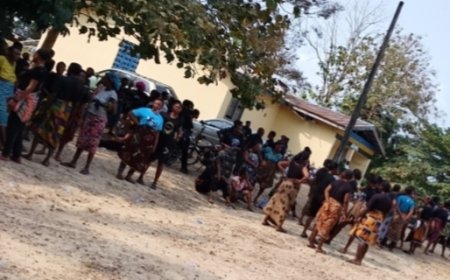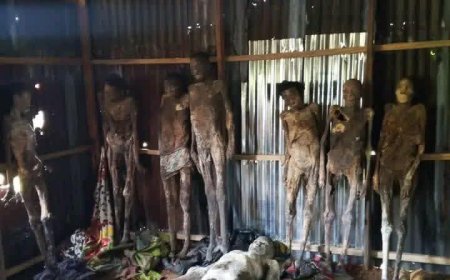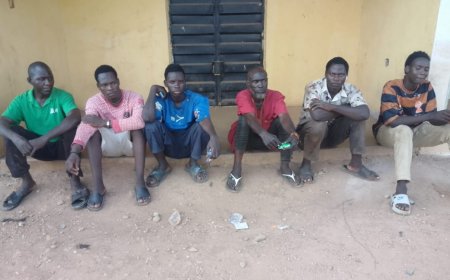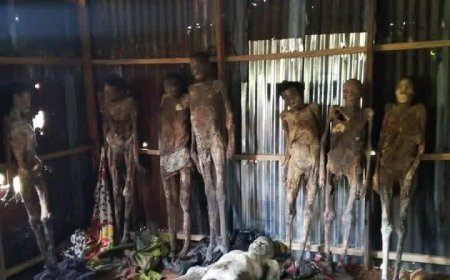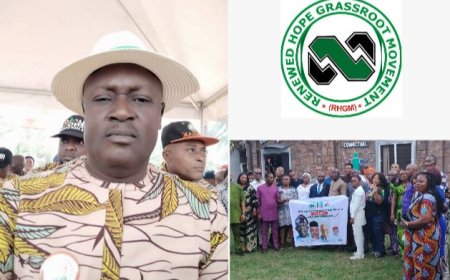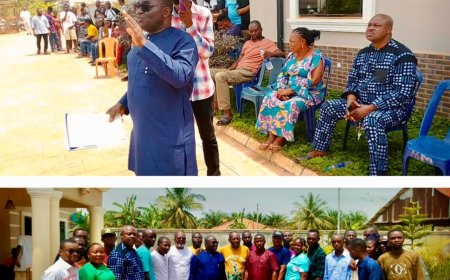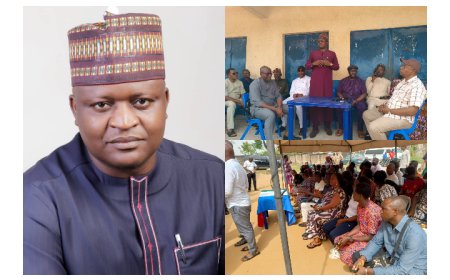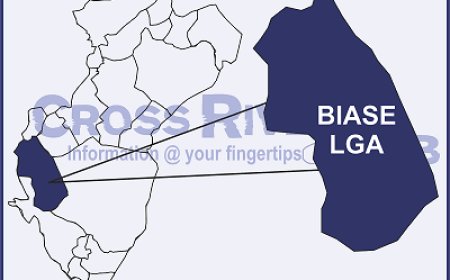Cross River, FMOH, ECOWAS Step Up Fight Against Obstetric Fistula with Training, Expanded Care
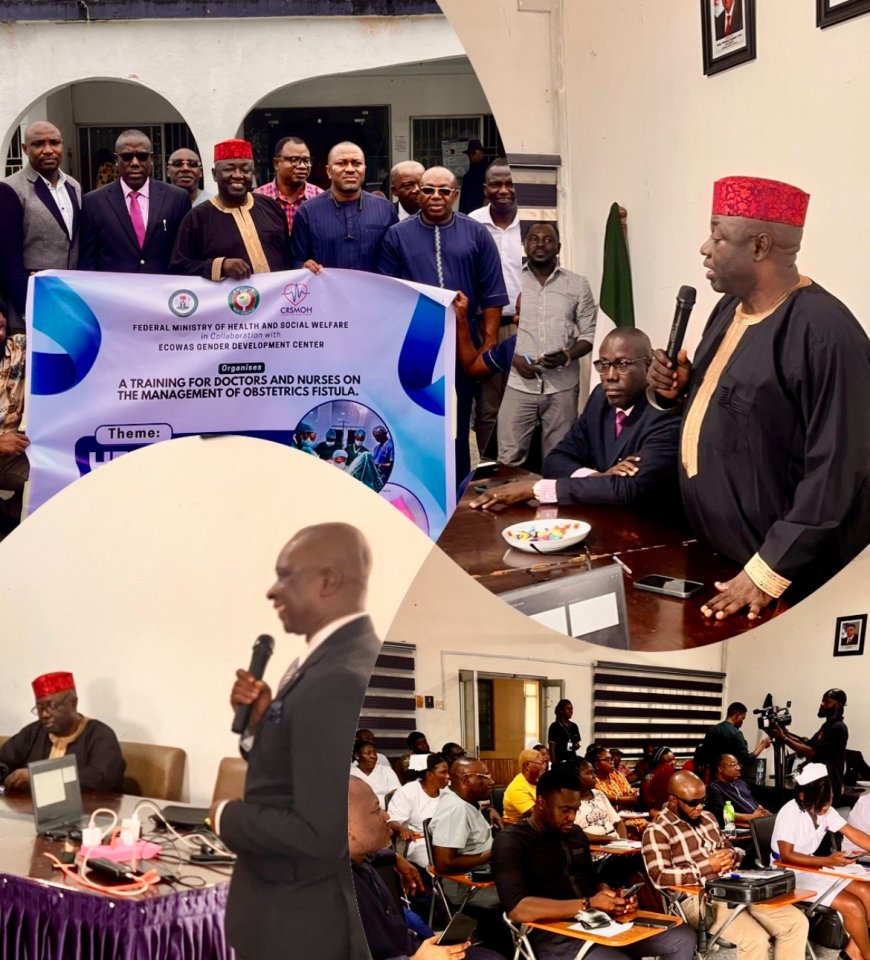
By Ebi COLLINS
The Cross River State Government, in partnership with the Federal Ministry of Health (FMOH) and the ECOWAS Gender Development Centre, has intensified efforts to eliminate obstetric fistula through targeted training, facility upgrades, and expansion of dedicated centres.
Declaring open a three-week training on fistula prevention and management in Calabar, the State Commissioner for Health, Dr. Henry Egbe Ayuk, described obstetric fistula as “a stark reminder of systemic health failure,” noting that the condition robs women of dignity while exposing weaknesses in maternal healthcare systems.
“Anytime you come face to face with a fistula, it tells you the health system is not working,” Ayuk said. “Our duty as policymakers is to train more personnel, strengthen governance, ensure drug availability, and upgrade facilities so that obstetric emergencies can either be prevented or effectively managed.”
Ayuk revealed that Cross River currently runs three fistula centres in Calabar, Ugep, and Ogoja, with Calabar being the most functional. Plans are underway, he added, to upgrade Ugep and Ogoja to the same standard. “As a government, our goal is to ensure that no woman in Cross River suffers in silence from a preventable condition like fistula,” he assured.
The Commissioner also praised frontline professionals, singling out veteran surgeon Dr. Etim Ayi, who was recently honoured by Governor Bassey Otu for his lifelong service. “The Governor has said there is no retirement for Dr. Ayi; he will continue to serve where his expertise is most needed,” Ayuk remarked.
Permanent Secretary of the Ministry of Health, Dr. Jonah Offor, urged participants to fully utilize the knowledge gained, describing Dr. Ayi as “a treasure and an asset to the state,” recalling how the surgeon successfully treated him and a family member after years of misdiagnosis.
The training programme brought together doctors, nurses, and anesthetists from Cross River, Akwa Ibom, Ebonyi, and other South-South states. According to Dr. Henry Jumbo, Head of the Obstetric Fistula Branch at the FMOH, the initiative is designed to build capacity and sustain momentum towards national elimination goals. “Beyond training, the federal government has invested heavily in fistula care. We now have four national centres of excellence, and here in Calabar, a dedicated theatre, a 30-bed ward, and commodities to support clients. Our aim is to make obstetric fistula history by 2030,” he said.
For Dr. Ayi, the programme is about succession and sustainability. “My expectation is to see more skilled hands take over so I am no longer first on call,” he said, noting that the National Health Insurance Authority has eased access by covering surgery, feeding, and transport for patients.
Participants described the training as transformative. Dr. Anthony Ogar, a fistula surgeon at General Hospital Calabar, said it would “adequately equip” him to treat more patients, while Dr. Bridget Nkiruka Uchenweda of the National Fistula Centre, Abakaliki, emphasized the importance of pre-operative assessment in restoring patients to full quality of life. Fistula nurse Patience Adung called the training “an eye-opener” that broadened her skills in patient care.
The training started on Monday, 29th September, and will last for three weeks.
Obstetric fistula, commonly caused by prolonged obstructed labour, creates abnormal openings between the reproductive tract and the urinary or digestive system, leading to continuous leakage of urine or faeces. Beyond its medical toll, it carries deep social and economic consequences, especially in contexts marked by poverty, inadequate maternal care, and fragile health systems.

